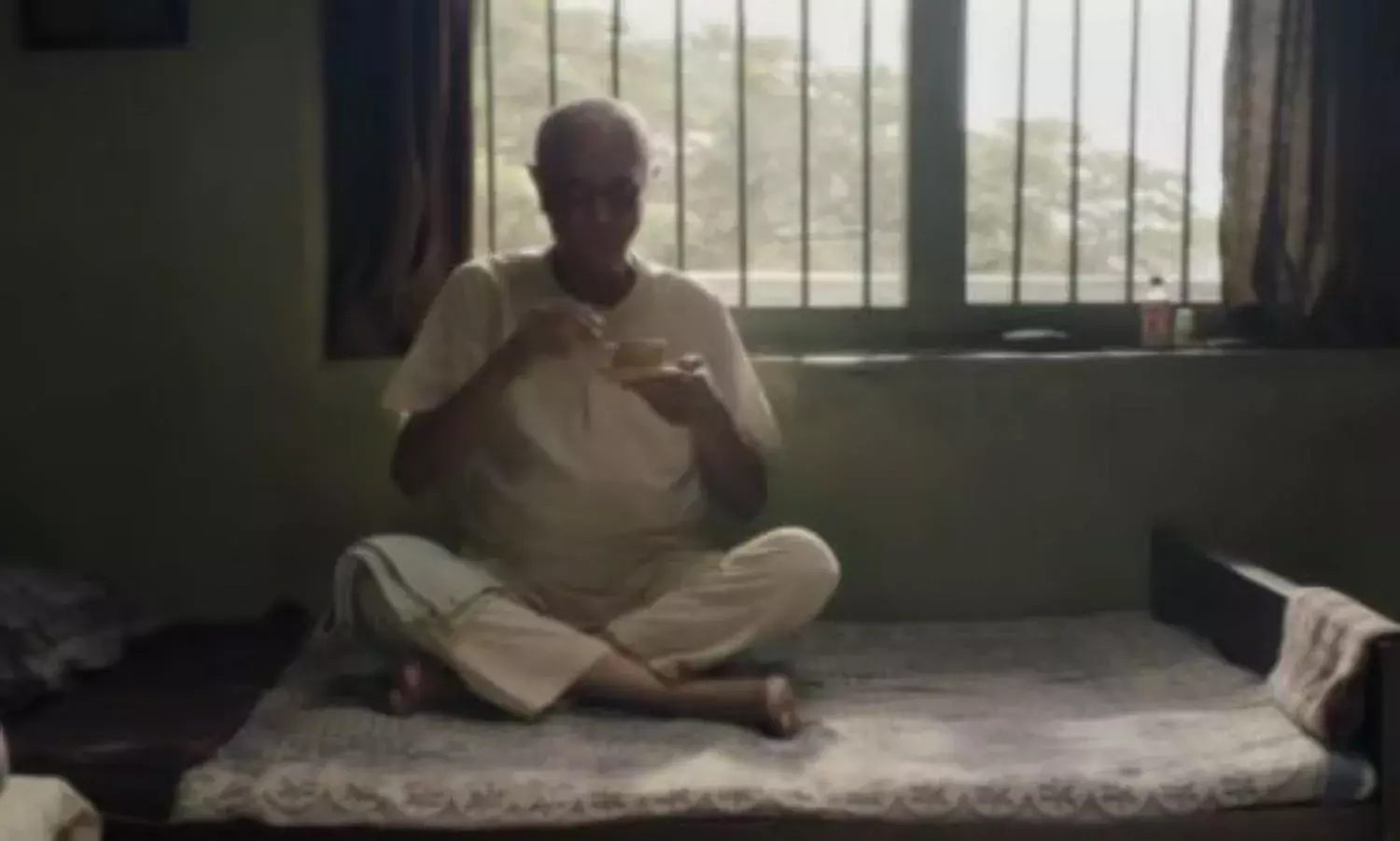
Auteur filmmakers, as the name implies, influence all the departments of the movie so much that they get ranked as its author. Chaitanya Tamhane’s movie of The Disciple, produced by Vivek Gomber, is the perfect auteur cinema and hands down the best Indian film of 2021 that everyone must watch.
The disciple, Sharad (Aditya Modak) has an internal conflict. His mind is a muddle due to pressure of performance, impatience of youth and idealism. A practitioner of khayal music, his contemplations continuously spoil his outward aspiration. Sharad’s external conflict is not being able to win khayal sangeet competitions. Unable to validate himself to his Guruji (Arun Dravid) or to the childhood afternoons spent with his classical music loving father.
The childhood spent with Sharad’s father constitutes the B story of the movie. It beautifully extends to the recordings of Maai, Sindhubai Jadhav, made by the father. These are recordings of the classical maestro’s musings on the world of khayal sangeet. They take Sharad into transcendental states of learning as he listens to them, riding his economy motorbike in the lonely nights of Mumbai.
Just as some songs are composed music first, and only then the lyrics, The Disciple seems to take this miracle to the next level. To the credit of Tamhane and sound designer Aneesh Pradhan, the movie is completely connected based on the continuity of music and soundscapes. Even the dialogues and spoken word is the best of Marathi middle class to go with the musicality of the movie. All the beats reflect research and good taste in classical music.
This is what makes The Disciple watchable by everyone despite its esoteric theme. It is not only Sharad’s story. It is every struggler’s story, said in beautiful khayal like beats. This was reflected in an interview with executive producer Alfonso Cuarón who said ‘the nature of the project may vary but it’s not possible for artists to separate their art from being personal’.
Also notable is the camera work by director of photography Michal Sobociński, which captures the story’s middle class milieu very well, and maintains an optimum distance from Sharad’s character so we can watch his decadence contrast with the normalcy of the world around him.
Questioning hierarchies is Marathi theatre, cinema and poetry’s forte. In a particular sequence Sharad encounters Joshi ji, a popular authority and writer on classical sangeet in the country. The encounter ends with Sharad throwing his drink at Joshi ji. This is because his stories about Maai (voiced by Sumita Bhave) or Guruji do not go down well with Sharad. Sharad is not a fanboy after all, he is an idealist. It is one of the most important scenes in the movie for how it fortifies the roots of Marathi cinema.
It is after this encounter that the internal and external conflicts come to a conclusion. During one of his night bike rides we realise that Sharad has transited from a simple economy bike to a simple economy plus style bike. Hence the stage is set. He chooses the path of idealism and sticks to the ‘classical’ form of his music, quietly witnessing the world go by unto popular heights as other singers take to stage shows and film songs.
The protagonist is rejected by the excellent in classical sangeet and he himself rejects pop sangeet. So he is alone and ready at the same time. In the words of Maai, ‘the proponent of khayal must stay lonely and hungry forever’.
The Disciple is important not only as a good cinematic experience, but because after watching it one’s way of seeing changes. It changes towards the physics tuition sir. Or the IAS coaching teacher. Towards the school basketball coach. It changes your perspective of the loss of struggle. It dissects to show you the birth of mediocrity and the price paid for idealism.

